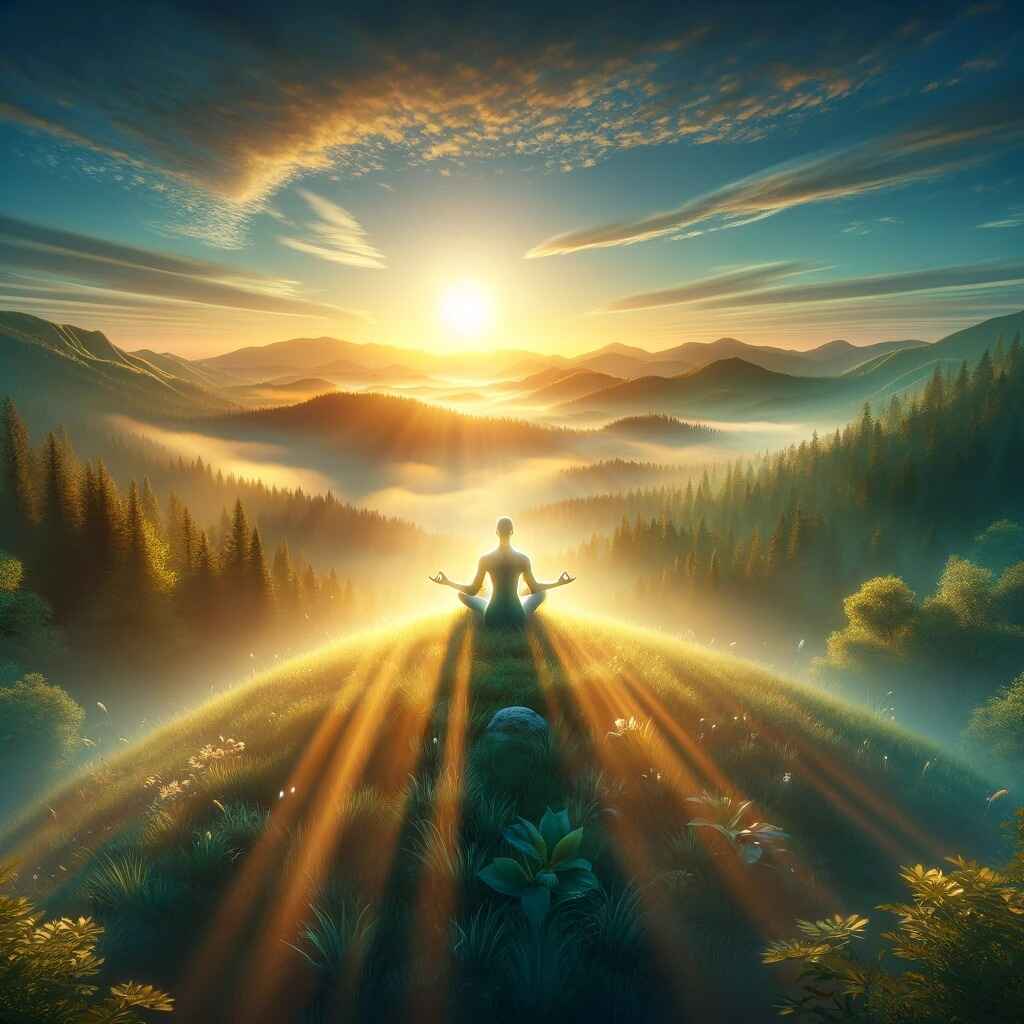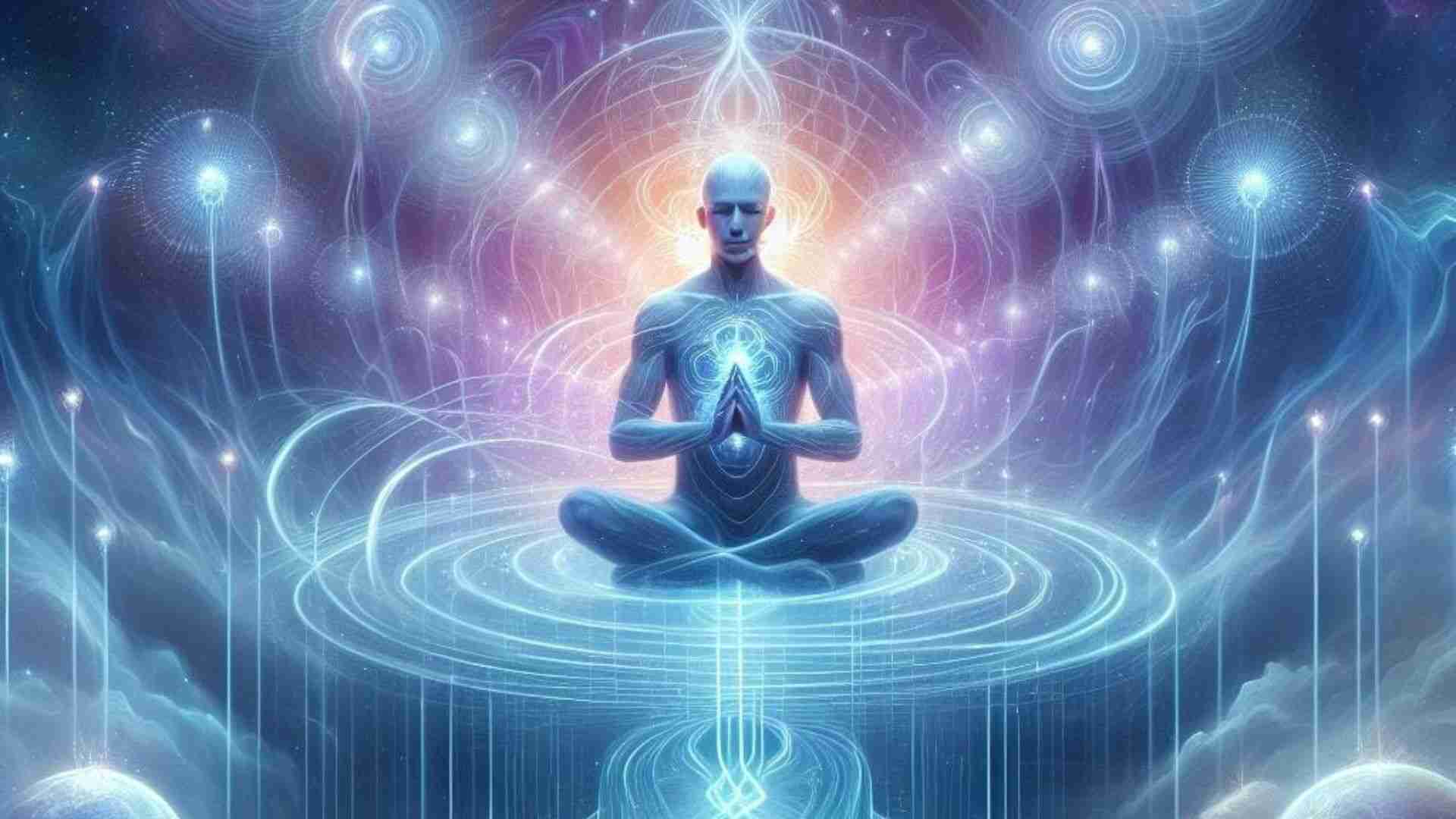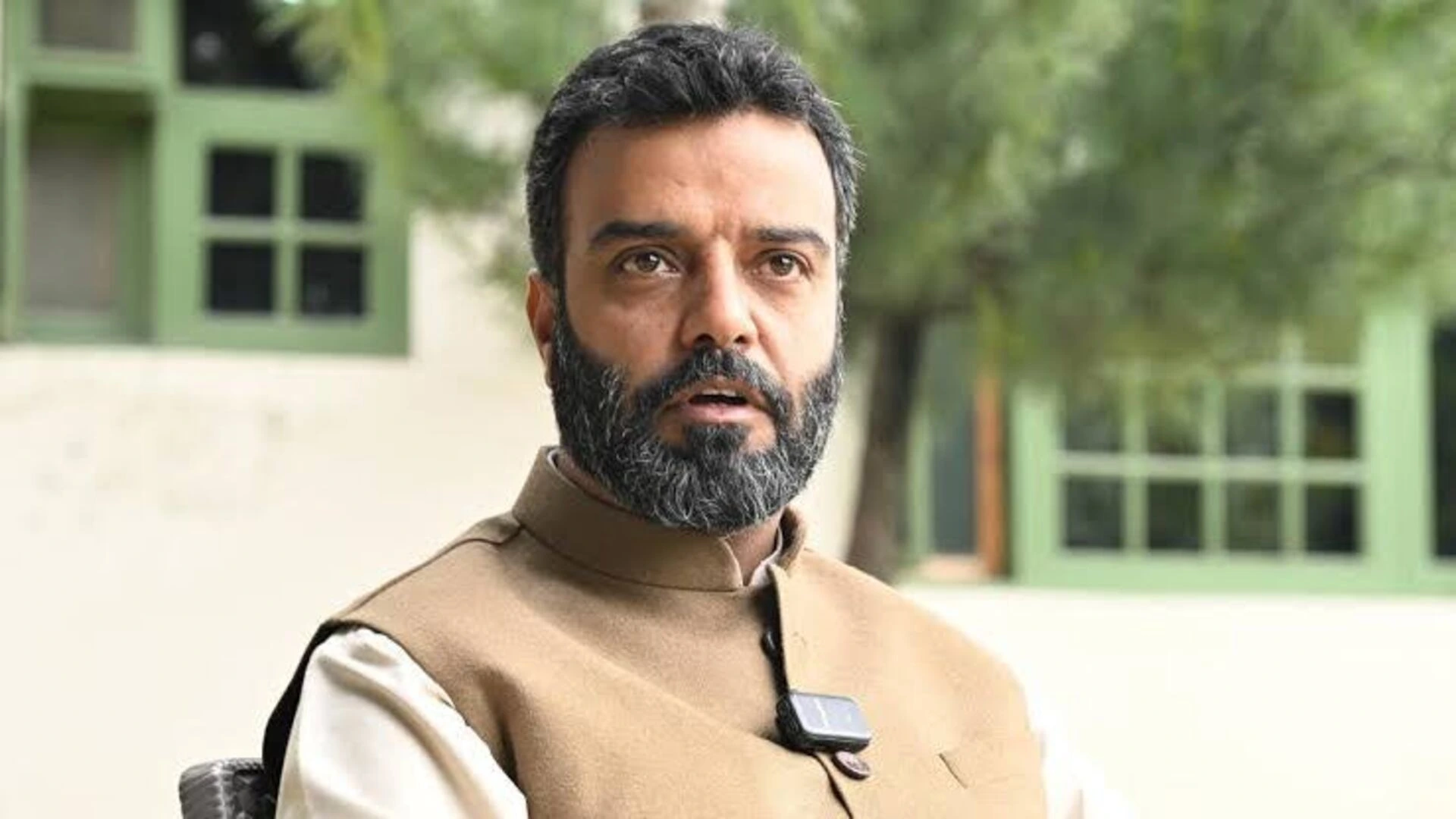Spiritual awakening is a profound journey that has been central to Indian culture for millennia. It’s the process of waking up to your inner self or tapping into your higher self to find a greater purpose in life. This awakening isn’t limited to a single path or experience; it can be triggered by a variety of events and practices.
Life-changing events often serve as catalysts for spiritual awakening. These could be moments of great joy or deep sorrow that shake one’s fundamental understanding of the world. Personal crises, too, can push individuals towards a spiritual path as they search for meaning and solace in difficult times.
Transformative experiences, which could range from a breathtaking encounter with nature to a profound moment of self-realization, can also ignite the spark of spiritual awakening. Sometimes, it’s as simple as a conversation that plants the seed of spiritual curiosity. This could be a chat with a wise elder, a thought-provoking discussion with a friend, or even an unexpected exchange with a stranger.
For many, the journey begins with therapy. As individuals delve into their psyche and confront their inner demons, they often stumble upon spiritual truths. Meditation and yoga, ancient practices that have gained global popularity, are powerful tools for spiritual awakening. These practices allow individuals to quiet their minds and connect with their inner selves.

Interestingly, even picking up a new hobby can lead to spiritual awakening. As people immerse themselves in activities they love, they often experience moments of flow and connection that can be deeply spiritual.
The effects of spiritual awakening can be profound and far-reaching. Some speak of a secondary shift – a significant transformation that can alter one’s values, beliefs, and attitudes. This shift creates a new cognitive map of reality, potentially leading to permanent changes in one’s sense of identity.
At its core, spiritual awakening is about realizing oneself as a spiritual being. It’s a paradigm shift from seeing ourselves merely as physical entities – a mind occupying a body – to recognizing our deeper, spiritual nature.
India has long been recognized as the land of spirituality. It’s not just a geographical location, but a spiritual beacon that has attracted seekers from all over the world. People travel to India in search of themselves, drawn by the country’s rich spiritual heritage and the promise of self-discovery.
Throughout its history, India has been blessed with great spiritual masters and gurus. Swami Vivekananda stands out for his pivotal role in spreading Hindu philosophy to the Western world. But he’s just one name in a long list of revered spiritual leaders. Buddha, Adi Shankaracharya, Ramana Maharishi, Yogananda, Ramakrishna, Nisargadatta Maharaj, Baba Neem Karoli, Kabir, Guru Nanak, and Mahavira are just a few of the luminaries who have shaped India’s spiritual landscape.
In recent years, there’s been a resurgence of interest in spirituality in India. This isn’t because spirituality ever left India, but because awareness has grown, largely thanks to technological advancements. We now live in an age where high-speed internet and devices like mobile phones, tablets, and laptops keep us more connected than ever before.
This connectivity has revolutionized the way people engage with spirituality. Experiences and thoughts are shared with strangers across the globe, marking a significant leap in the spread of spiritual knowledge. Spiritual texts, books, and websites are now easily accessible, putting information at people’s fingertips.
In the past, seekers often had to venture into forests to learn from gurus. While the sanctity of learning directly from a guru is still preserved, those without access to a physical guru can now self-learn and grow spiritually. This democratization of spiritual knowledge means that spirituality is no longer restricted to a select few but is available to anyone who wishes to understand their own Self.
One of the hallmarks of spiritual awakening is an intensified sense of connection. Those on the spiritual path often report feeling a profound sense of empathy and compassion for others. This increased sensitivity to the experiences of others is a testament to the transformative power of spiritual awakening.
In Indian culture, the concepts of dharma (righteousness), kama (pleasure), artha (wealth), and moksha (liberation) provide a framework for spiritual growth. These four aims of life offer Hindus opportunities to act morally and ethically, leading a good life while progressing on their spiritual journey.
A key aspect of Hindu spirituality is the attempt to end the cycle of samsara – the continuous cycle of birth, death, and rebirth. Hindus strive to behave in ways that generate good karma, believing that this will ultimately lead to liberation from the cycle of reincarnation.
In Hinduism, the term for spiritual awakening is often referred to as SELF-REALIZATION. This concept emphasizes the understanding of one’s true nature and the unity of individual consciousness with the universal consciousness.
It’s important to note that the current interest in spirituality in India isn’t a new phenomenon. Spirituality has always been an integral part of Indian life. What we’re seeing now is not spirituality coming back in a new form, but rather a heightened awareness facilitated by technology. The eternal wisdom of India’s spiritual traditions is finding new channels of expression and reaching a wider audience than ever before.
As India continues to bridge the ancient and the modern, its spiritual heritage remains a guiding light for seekers around the world. The journey of spiritual awakening in India is indeed timeless – ever ancient, ever new. It continues to inspire, challenge, and transform countless lives, inviting each individual to discover the vast universe that lies within.







